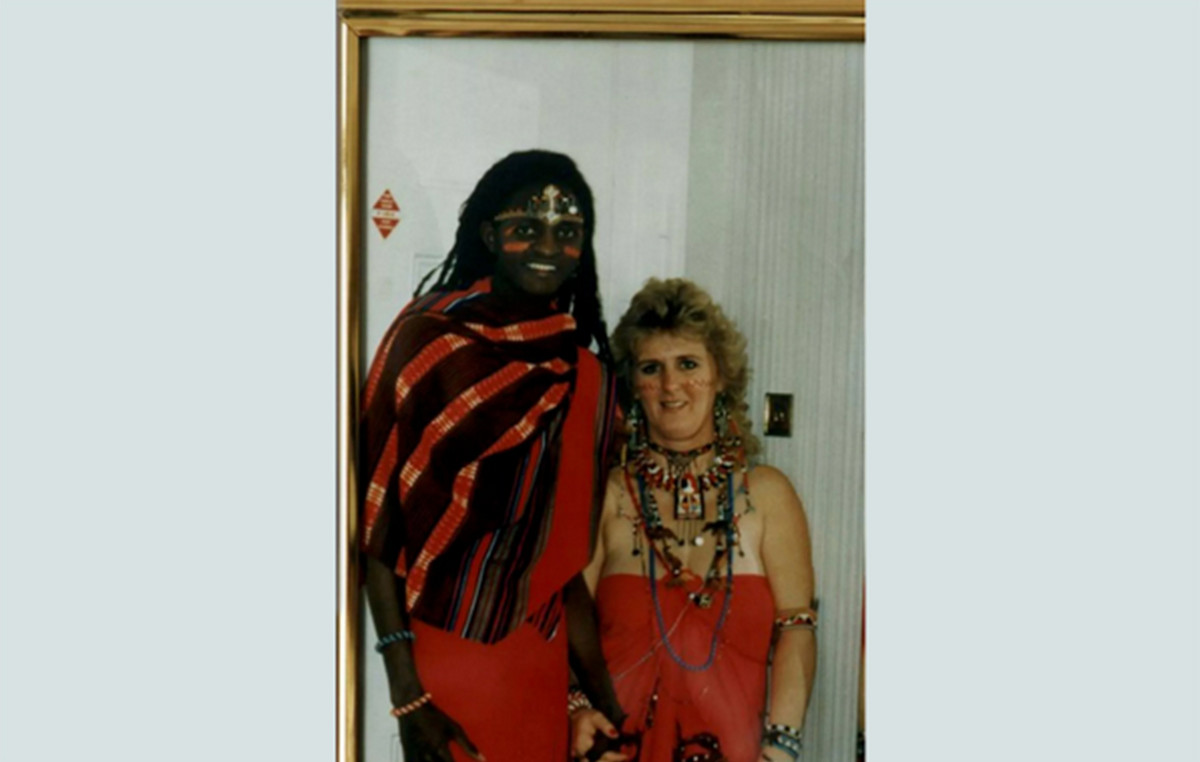The WHO declared a public health emergency of international concern due to the monkeypox outbreak on Saturday.
“We have an outbreak that has spread rapidly around the world, through new modes of transmission, which we understand very little about and which meet the criteria of the International Health Regulations,” said WHO Director-General Tedros Adhanom.
In an interview with CNN this Monday (25), infectious disease specialist Júlio Croda, from the Oswaldo Cruz Foundation (Fiocruz), said that the country should prepare itself for the increase in the number of cases of the disease.
“We will have an exponential increase in the number of cases. We have a structure, we have the SUS [Sistema Único de Saúde] that could be put to better use. The Ministry of Health lacks coordination, communication, training to guide the population that is at risk, reduce the transmission of the disease and achieve disease control”, says Croda.
THE CNN contacted the Ministry of Health about the Fiocruz specialist’s assessment and is awaiting a return.
prevention measures
The infectologist says that awareness of the disease, including information about symptoms and forms of transmission, is one of the main forms of prevention.
“The biggest form of transmission at this point is intimate contact, not necessarily sexual contact with penetration or oral sex. Skin-to-skin contact, kissing, very close contact can be associated with transmission”, says the specialist.
Symptoms of monkeypox include blisters on the face, hands, feet, eyes, mouth or genitals, fever, swollen lymph nodes, headaches and muscle aches, and lack of energy.
“It is important to warn that any patient who presents this type of wound should seek the health system, make the diagnosis. The diagnosis must be accessible, in a timely manner. And also guide the contacts – people should avoid contact with people who have this type of injury to prevent the spread of the virus “, explains Croda.
What does the declaration of emergency mean?
The announcement of the emergency declaration by the WHO comes after the second meeting of the Emergency Committee of the International Health Regulations (2005) on the outbreak of the disease, held on Thursday (21).
“The WHO assessment is that the risk of smallpox is moderate globally and in all regions except the European region, where we assess the risk as high,” said the WHO Director-General, adding that “there is also a clear risk of smallpox. greater international spread, although the risk of interference with international traffic remains low at the moment.”
According to the International Health Regulations, five elements are considered to decide whether an outbreak constitutes a public health emergency of international concern.
“First, the information provided by the countries – which in this case shows that this virus has spread rapidly to many countries that have not seen it before. Second, the three criteria for declaring a public health emergency of international concern, which were met,” Adhanom told the press.
“Third, the opinion of the Emergency Committee, which did not reach a consensus. Fourth, scientific principles, evidence and other relevant information – which is currently insufficient and leaves us with many unknowns. And fifth, the risk to human health, international spread and the potential for interference with international traffic.”
About monkey pox
The disease is caused by a virus that belongs to the orthopoxvirus genus of the Poxviridae family. There are two groups of monkeypox virus: those from West Africa and those from the Congo Basin (Central Africa).
Human infections with the West African type of virus appear to cause less severe illness compared to the Congo Basin viral group, with a fatality rate of 3.6% compared to 10% for the Congo Basin viral group.
“The most important thing about monkeypox is that it causes a rash that can be uncomfortable, can be itchy and can be painful. So the most important thing about taking care of someone with this disease is basically taking care of their skin and taking care of any symptoms that someone might have, like pain or itching.” of the World Health Organization (WHO).

Monkeypox virus is transmitted from person to person through close contact with injuries, body fluids, respiratory droplets and contaminated materials such as bedding. The incubation period is usually 6 to 13 days, but can range from 5 to 21 days.
“Monkey smallpox is spread by proximity, face-to-face, skin-to-skin, direct contact. That’s how it’s always been described. There may be some new things happening in this outbreak right now. We don’t know everything. There is still a lot to learn,” said the WHO researcher.
The WHO warns that some of these cases are being identified in gay, bisexual and other men who have sex with men. The disease can be spread by skin contact during sex, including kissing, touching, oral sex, and penetration with someone who has symptoms.
(*Supervised by Layane Serrano)
Source: CNN Brasil






